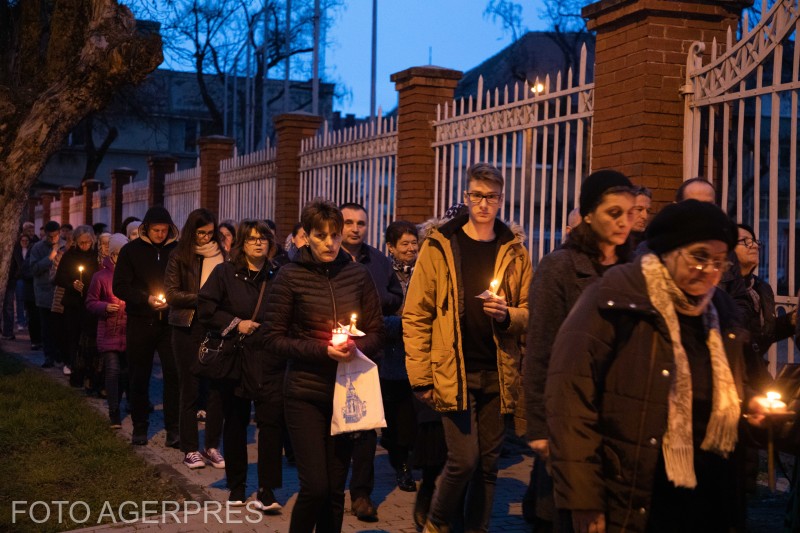Local lockdown, imposed in Romania
Thousands of people are infected with Covid-19 every day and the number of localities entering lockdown is rising.

Daniela Budu, 23.11.2020, 14:00
A growing number of Romanian localities have imposed lockdown due to a rise in new coronavirus infections. Unfortunately, less than a quarter of the counties are still marked with yellow on the epidemiological map, meaning they have had less than three coronavirus cases per thousand inhabitants in the past 14 days. The central county of Sibiu has reported the biggest number of new cases in the past two weeks, in spite of the fact that the infection rate fell below the threshold of 9 cases per thousand inhabitants. In the city of Sibiu, under lockdown for seven days, the infection rate has dropped a little but still accounts for 13 infections per thousand people.
Against this background, the number of localities in this county entering lockdown is rising. Under lockdown, people are allowed to leave their homes only for work-related purposes, for medical care, for food shopping, to donate blood and to walk their pets around the house. The county of Ilfov, near the capital Bucharest, ranks second in the country in terms of number of infections, which went up to over 8 cases per thousand inhabitants. Consequently, a quarter of its localities entered lockdown for two weeks. Bucharest has an infection rate of over 6 per thousand inhabitants and continues to report the biggest number of new infections, that is over one thousand per day. Local lockdown proves to be an effective measure, President Klaus Iohannis has said, pointing out that only by observing the rules, the pandemic can be kept in check until a vaccine is available.
Klaus Iohannis: Lockdown is in essence a complex measure of restricting movement, which controls the spread of the pandemic in a locality. We have had lockdown measures in place for a few weeks now, that have proven effective. The problem is not the measure itself, but its economic effects, given that these restrictions have a measurable negative economic effect.
Romania reported last week over 58 thousand new infections with Covid-19, more than in the first five months after the start of the pandemic. Over one thousand patients are in intensive care and more than 10 thousand people have died. Official statistics show that most people got the infection after taking part in social events and private parties, in family gatherings and meetings at the workplace. (Translated by Elena Enache)






























